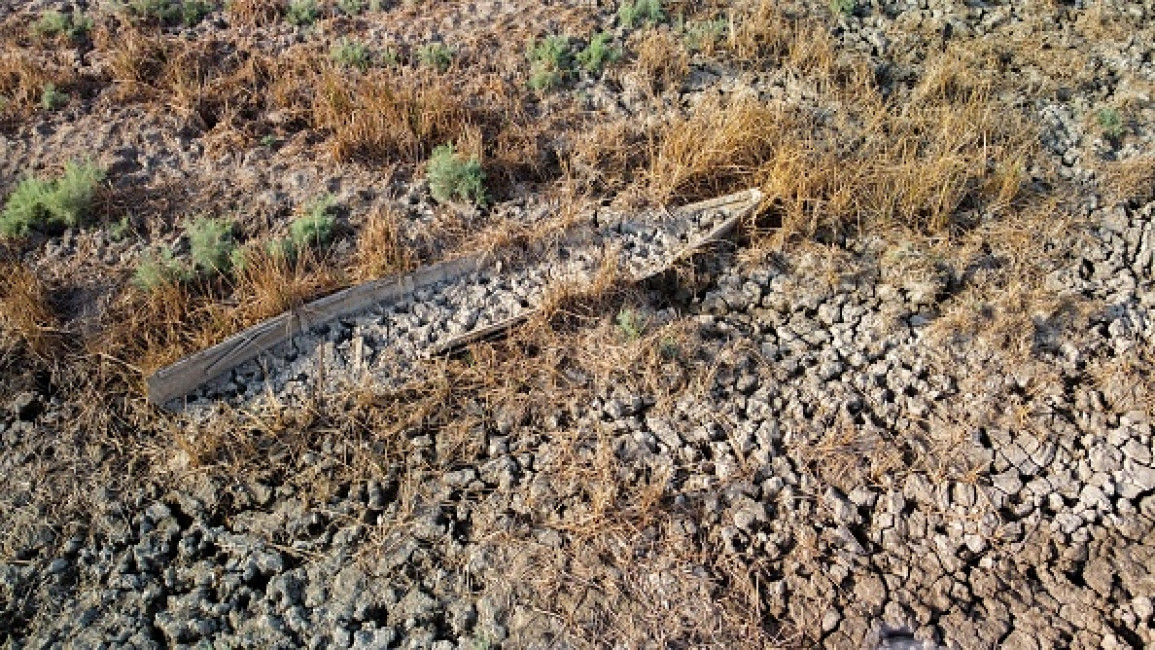Climate-stressed Iraq must pursue 'green growth': World Bank
Iraq, a top oil exporter battered by climate change impacts, must diversify its economy and pursue a "greener growth model", the World Bank said Tuesday.
In a new report presented to authorities in Baghdad, the Washington-based institution said $233 billion must be invested by 2040 to allow Iraq to embark "on a green growth path".
The mostly desert country, after decades of war and turmoil, is also suffering worsening climate change shocks from drought and water scarcity to rising temperatures.
Iraq's infrastructure is crumbling while its economy remains heavily dependent on oil, which accounts for 90 percent of government revenue.
"Iraq faces the challenge of moving away from total oil dependence towards a more diversified, private sector-led economy that creates jobs and builds human capital while building resilience to climate change", said Ferid Belhaj, World Bank regional vice president for the Middle East and North Africa.
Citing water shortages, desertification and air pollution, Belhaj told AFP that "Iraq has enough financial resources to manage these challenges".
"The question is how to ensure that these financial resources are made available for new policies to tackle environmental challenges, and how to do it in an efficient way".
Among the proposed reforms, the World Bank recommended that Iraq upgrade dams and irrigation systems and "decarbonise industry, agriculture and the waste sectors".
The report also called on Iraq, plagued by chronic power shortages, to eliminate the wasteful practice of gas flaring, where natural gas in wells is burned off before oil is extracted.
The UN ranks Iraq as one of the world's five countries most exposed to impacts of climate change, with water shortages, desertification and rising temperatures predicted to devastate its agricultural sector in particular.


![President Pezeshkian has denounced Israel's attacks on Lebanon [Getty]](/sites/default/files/styles/image_684x385/public/2173482924.jpeg?h=a5f2f23a&itok=q3evVtko)



 Follow the Middle East's top stories in English at The New Arab on Google News
Follow the Middle East's top stories in English at The New Arab on Google News


